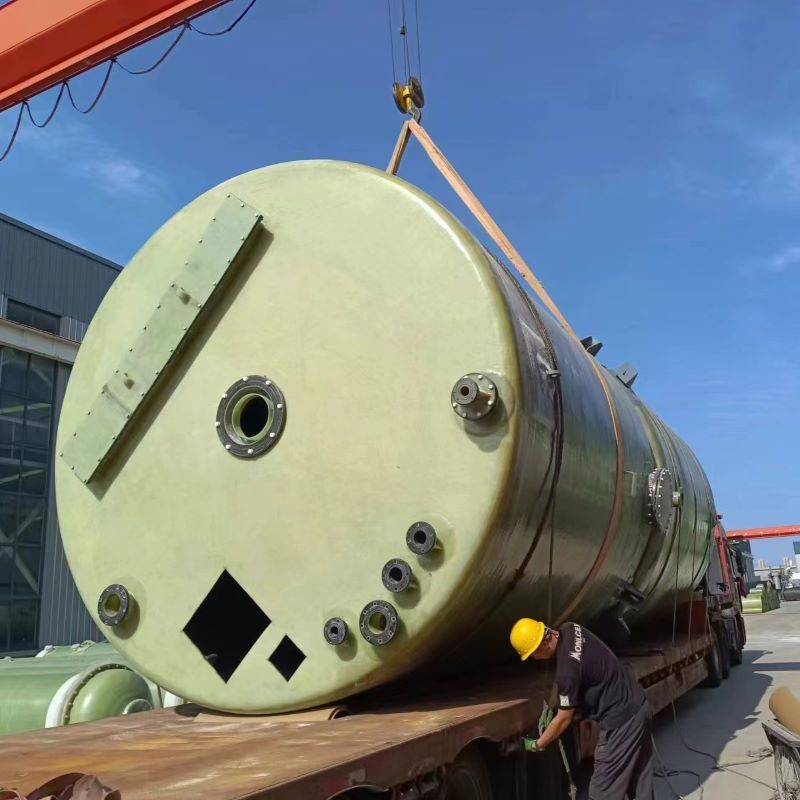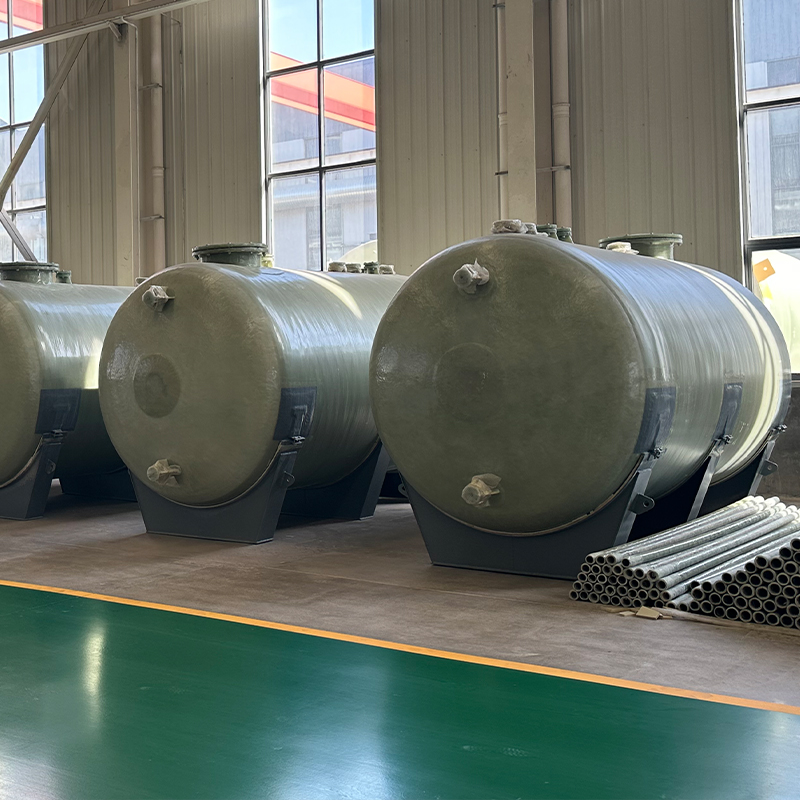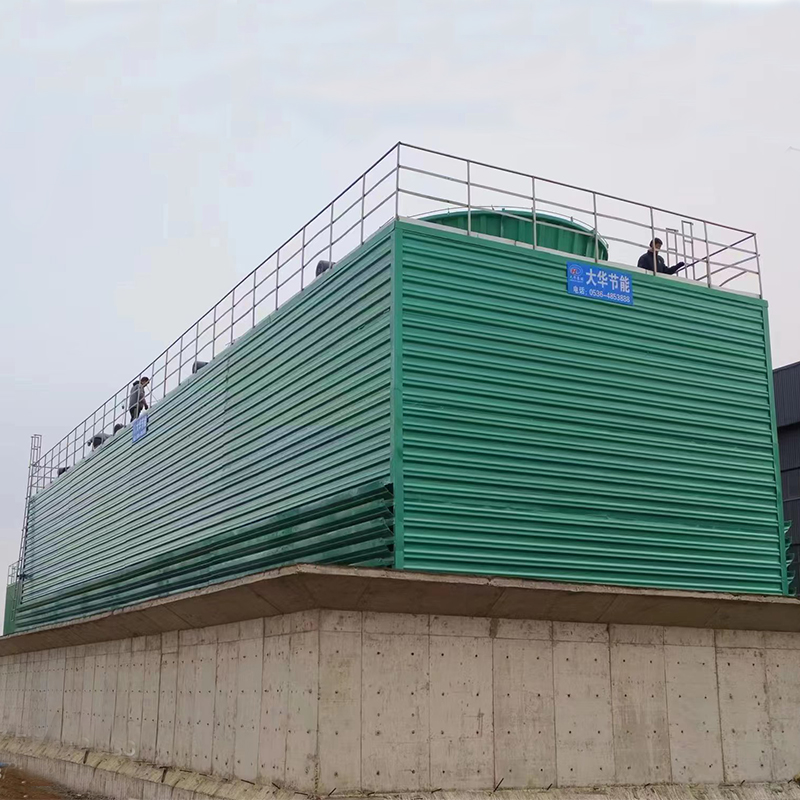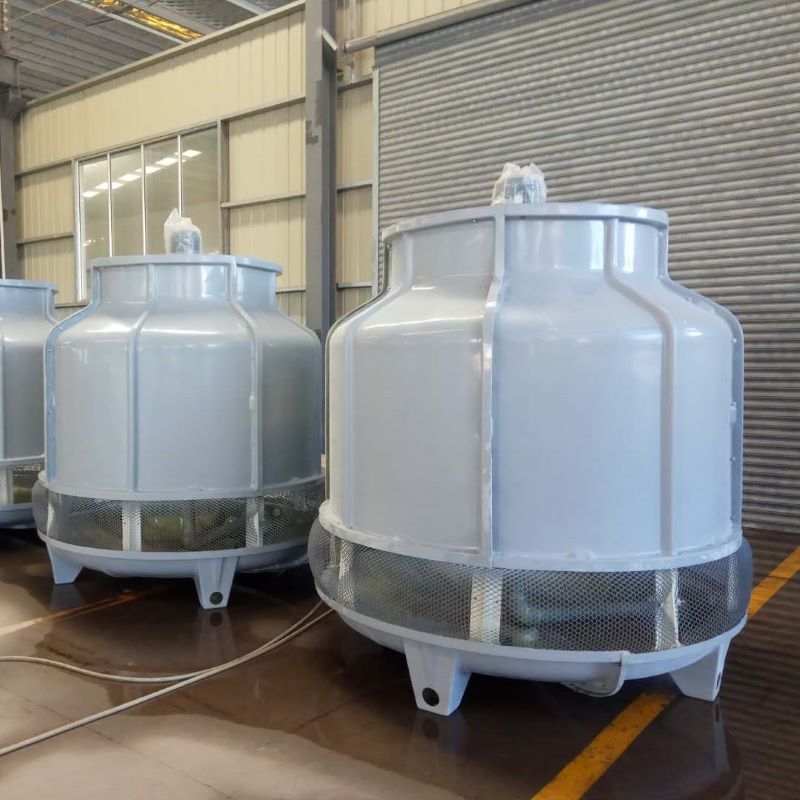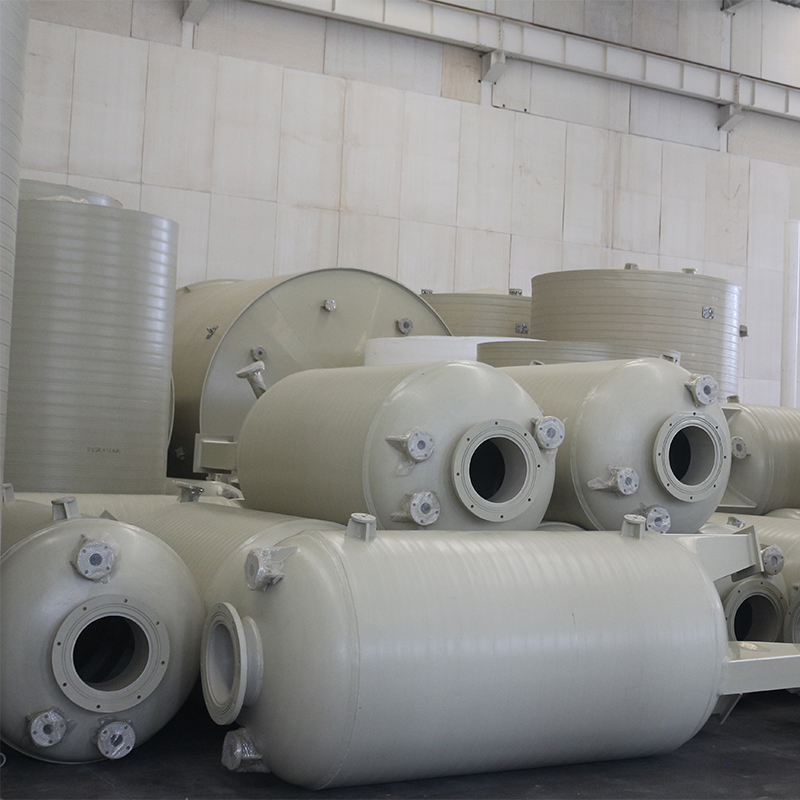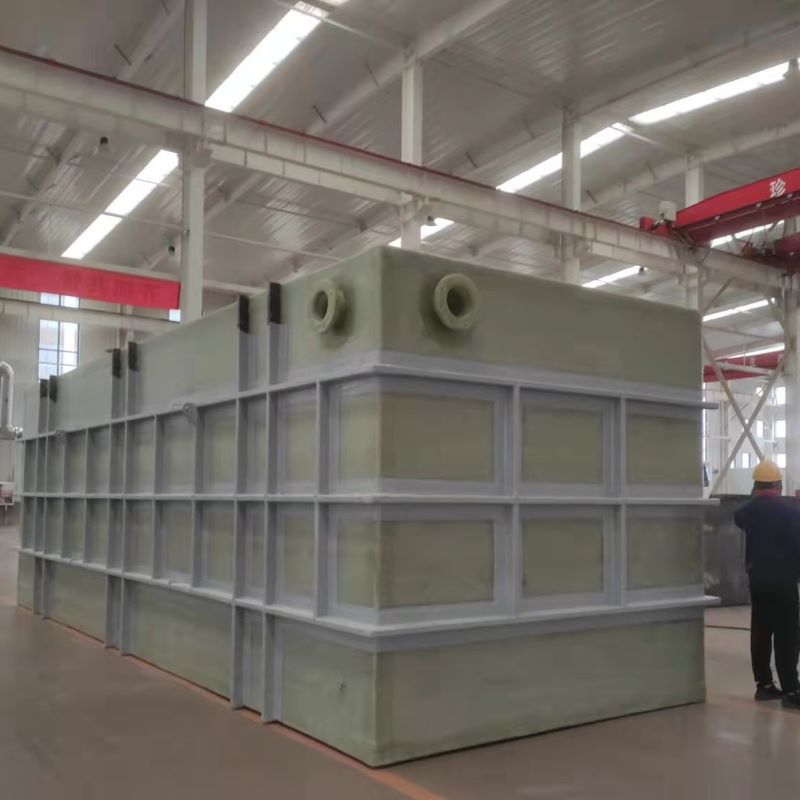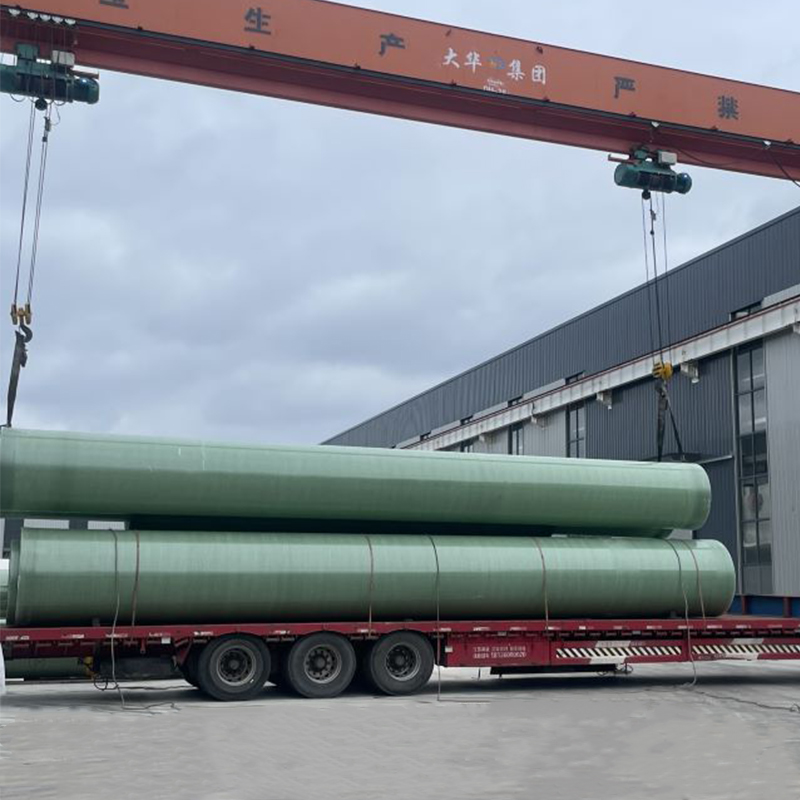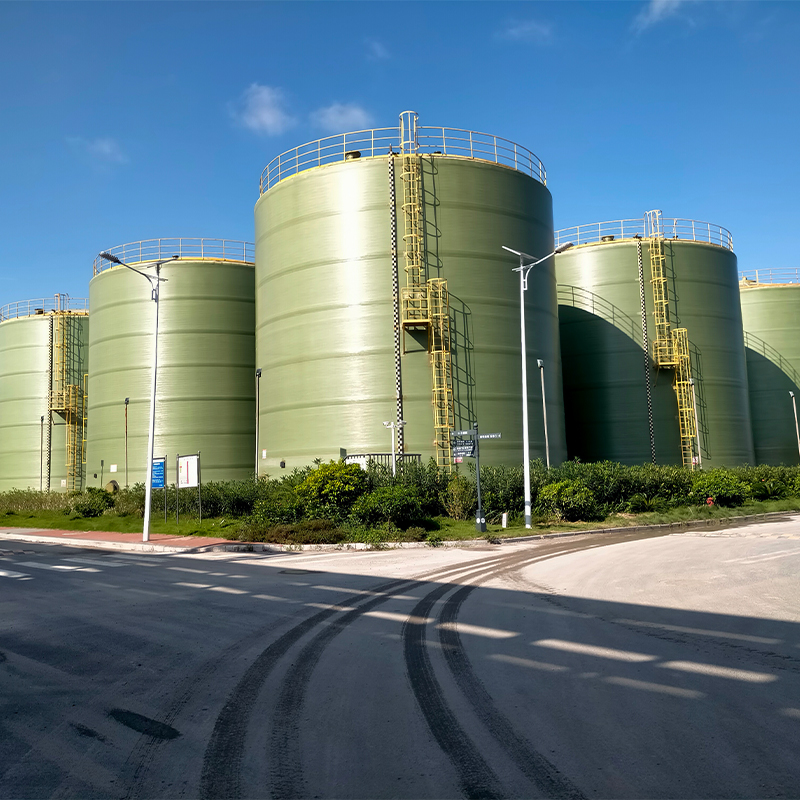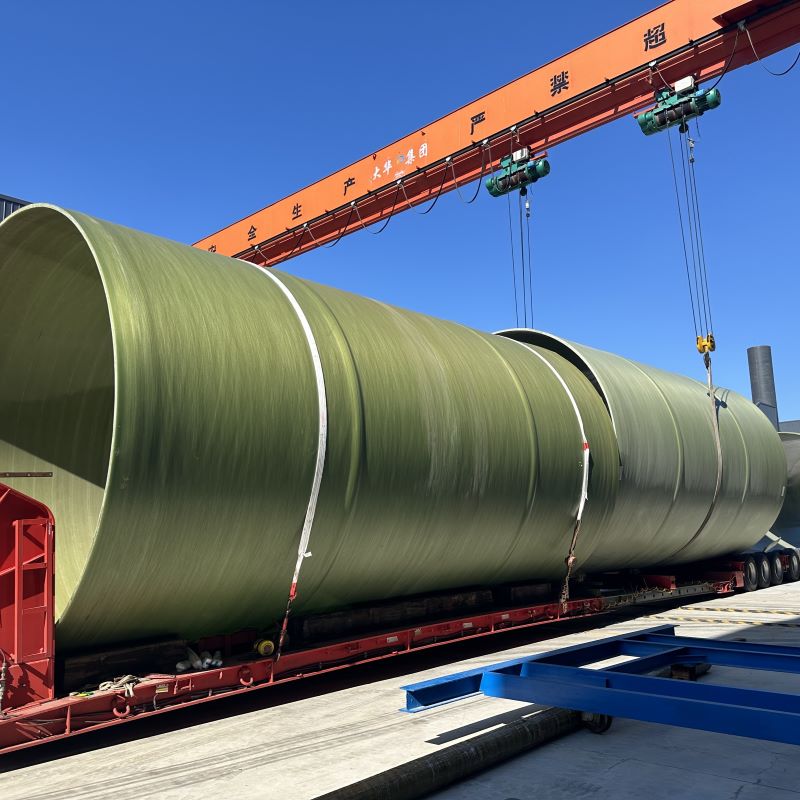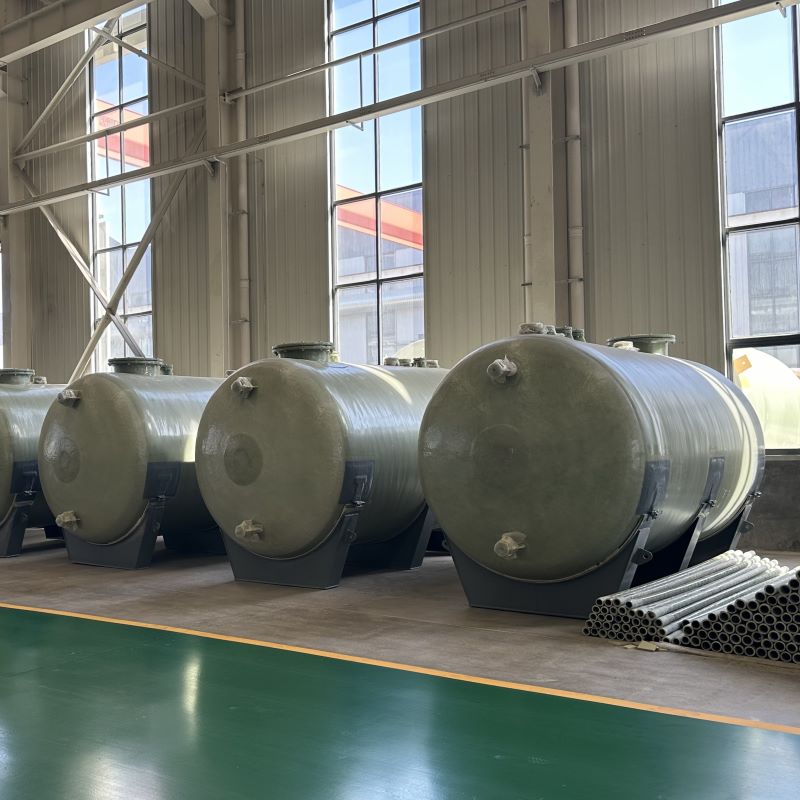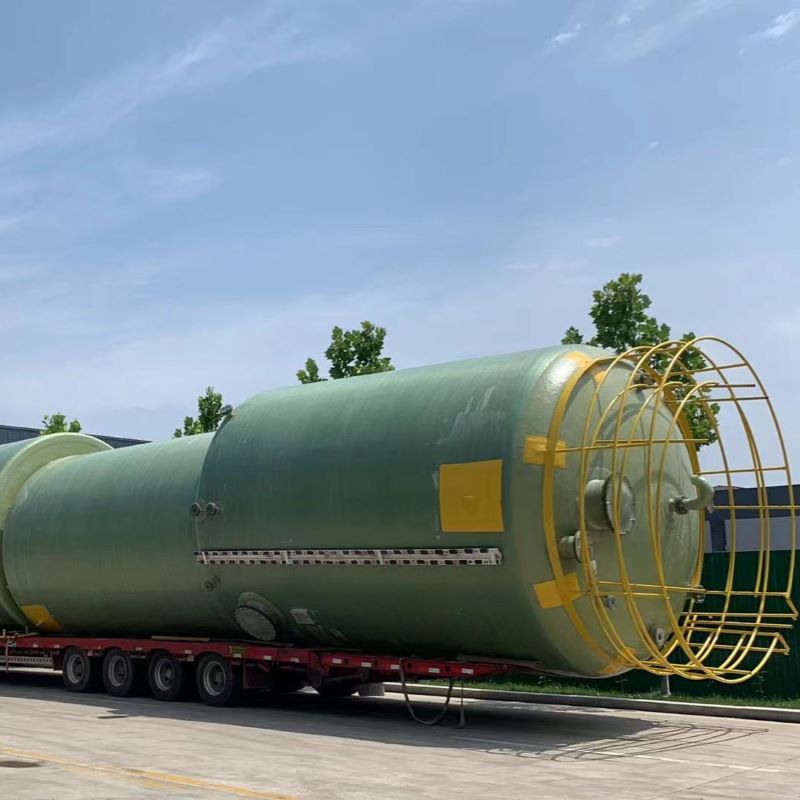
China Shandong Mannheim Potassium Sulfate
Understanding China Shandong Mannheim Potassium Sulfate Production
In the realm of agricultural chemicals, seeing the term China Shandong Mannheim Potassium Sulfate brings up a mix of familiarity and questions. Is this process as efficient as it claims? Or does Shandong have something unique up its sleeve? Let’s dig into these production nuances and common industry oversights.
Shandong's Potassium Sulfate Landscape
From a professional standpoint, when people mention Shandong, the talk often pivots towards its sprawling chemical manufacturing facilities. Now, you might be wondering, why is Shandong so central to potassium sulfate production? Well, the region has mastered the Mannheim process—a methodology that merges practicality with scale.
The Mannheim process is simple in chemistry but has its challenges in execution. Workers must precisely monitor temperature and mixing to ensure high-quality output. Not uncommon is the occasional misstep in these parameters, which can lead to inefficiencies or increased waste.
While visiting a facility, I saw firsthand how they tackled these issues—some were using advanced sensors and automation to maintain consistent conditions. This blend of old-school chemistry and modern tech is where Shandong manufacturers really make a mark. It's not just about following formulas; it's about innovating within them.
Misconceptions and Realities
Many industry outsiders harbor the notion that chemical manufacturing in China, particularly in places like Shandong, revolves around scale at the expense of quality. It's a skeptical view, often propagated by outdated paradigms.
However, in many visits and interactions with local firms, I observed the contrary. Companies are progressively committing to sustainability and production optimization. One approach has been the integration of more efficient heating systems in their Mannheim Potassium Sulfate plants, surprisingly reducing energy consumption by significant percentages.
You might think budgets and equipment are thin, but there’s often investment in iterative improvements—slowly refining processes rather than replacing systems entirely. It's an ongoing conversation between engineers and chemists about what to tweak next.
Sustainability Concerns
Discussing chemical production without addressing environmental impact is nearly impossible. For Shandong specifically, the movement towards greener methods is no longer optional; it’s becoming business-critical.
Some companies in the region have started employing waste heat recovery systems to lower emissions. Witnessing a plant's transformation towards such eco-friendliness not only improved their public image but also saved operational costs. The shift, albeit gradual, signals a broader change within the industry.
Another exciting development is the adoption of closed-loop systems. By recycling by-products and reducing effluents, these systems help companies comply with increasingly stringent regulations, all while cutting down material costs.
Challenges and Innovations
No discourse on China Shandong Mannheim Potassium Sulfate would be complete without acknowledging the hurdles. For one, raw material availability—specifically sulfuric acid—can be a bottleneck. Plants often face difficulties aligning supply chains with production schedules.
Yet, innovation finds its way through necessity. Some companies collaborate with local suppliers, ensuring a steady flow of inputs through long-term contracts. This foresight softens potential disruptions that others might dread.
Moreover, continuous investment in research has led to different additive formulations to improve the typical yield of the Mannheim process. While results might vary, the pursuit of even minor yield improvements shows a willingness to push beyond conventional limits.
Looking Forward
If there’s one takeaway from exploring the potassium sulfate production processes in Shandong, it’s that the region exemplifies a dynamic balance between traditional and cutting-edge practices.
Future prospects appear promising as more facilities integrate AI-driven analytics for process optimization, leading to smarter decision-making. This foresight is gradually becoming a foundation for operations, boosting both productivity and morale.
Ultimately, Shandong's approach reflects a broader narrative—that of an industry figuring out how to sustain growth without depleting resources. Their innovations, setbacks, and breakthroughs offer rich lessons, shaping not just local practices but potentially global standards.
Соответствующая продукция
Соответствующая продукция
Самые продаваемые продукты
Самые продаваемые продуктыСвязанный поиск
Связанный поиск- Potassium Sulfate Production Equipment factory
- OEM Enclosed Closed-Circuit Cooling Tower exit
- Best High-Efficiency Refrigeration Closed-Circuit Tower price
- OEM Professional Closed-Circuit Cooling Tower Manufacturer product
- high quality Filament-Wound FRP Process Piping supplier
- Best FRP tanks exit
- China updraft evaporative cooler supplier
- FRP Laminated Process Column product
- Best Wet Electrostatic Precipitator Manufacturer Manufacturer
- Best Hydrogen Chloride Exhaust Gas Treatment price


